By Dr. Amine Jules Iskandar
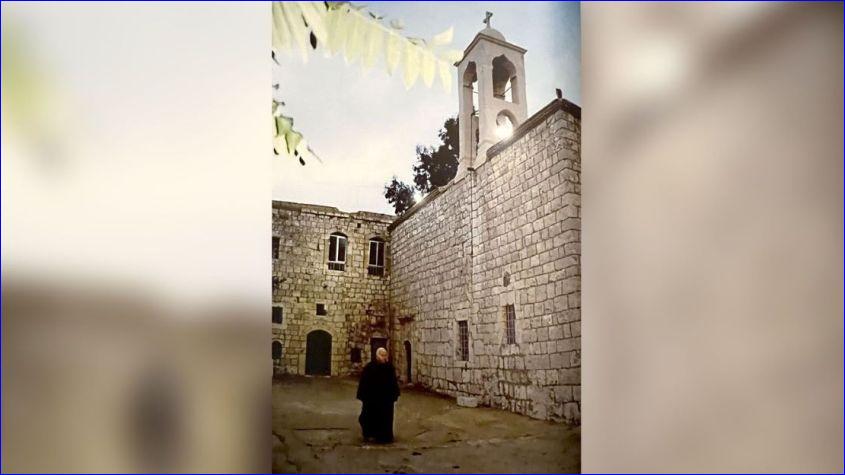 Three hundred and fifty years separate us from the last medieval Maronite epigraph, that of Our Lady of Ilige dated 1277 and the new inscription, dated 1628, at Mar Chalita of Ghosta, which marks the beginning of a renaissance that Lebanon was to experience under Ottoman rule.
Three hundred and fifty years separate us from the last medieval Maronite epigraph, that of Our Lady of Ilige dated 1277 and the new inscription, dated 1628, at Mar Chalita of Ghosta, which marks the beginning of a renaissance that Lebanon was to experience under Ottoman rule.
By Renjith Leen
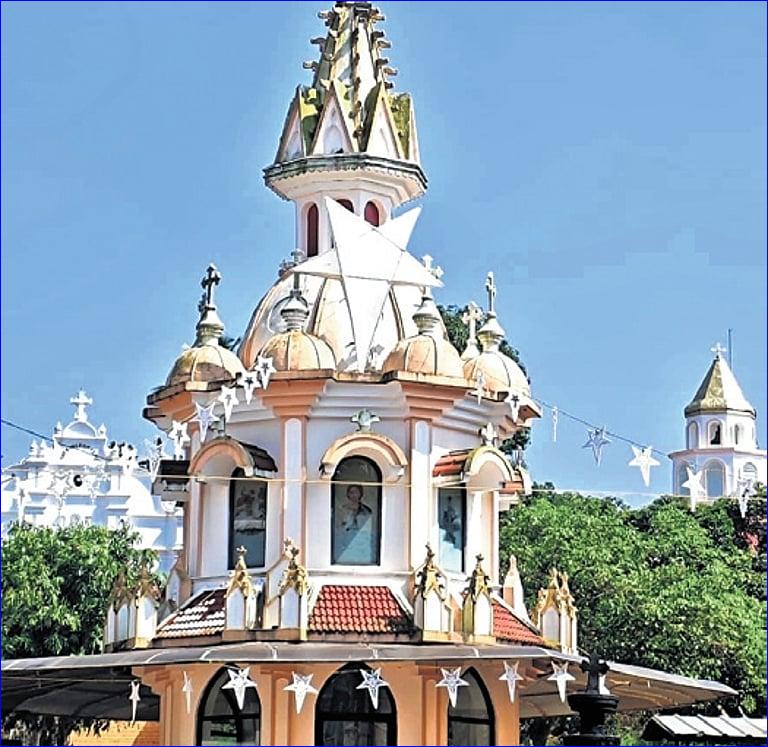 Kochi, India -- As the Yuletide spirit fills the air, posters, cutouts and dolls of Santa Claus crop up everywhere, heralding the season of love and sharing. However, not many may know that Santa, the most popular symbol of Christmas, is inspired from and modelled after St Nicholas, a fourth-century bishop from Myra in ancient Turkey known for his generosity and secret gift-giving.
Kochi, India -- As the Yuletide spirit fills the air, posters, cutouts and dolls of Santa Claus crop up everywhere, heralding the season of love and sharing. However, not many may know that Santa, the most popular symbol of Christmas, is inspired from and modelled after St Nicholas, a fourth-century bishop from Myra in ancient Turkey known for his generosity and secret gift-giving.
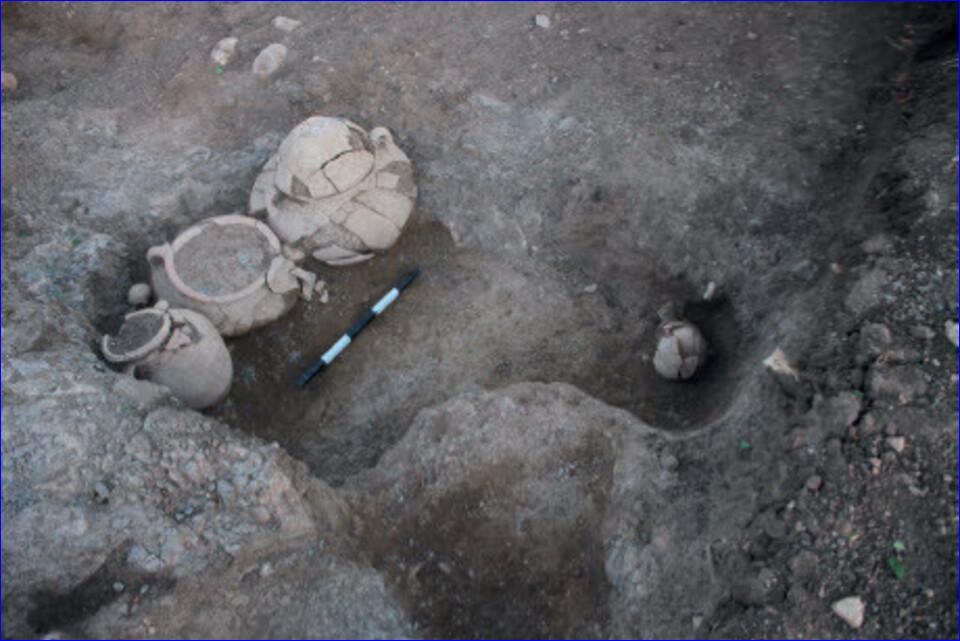 Archaeologists in northern Israel uncover a luxurious Iron Age cremation burial, revealing elite lifestyles, long-distance trade, and Assyrian influence thousands of years ago. For a long time, life in the ancient world has been imagined as harsh, modest, and largely deprived of luxury.
Archaeologists in northern Israel uncover a luxurious Iron Age cremation burial, revealing elite lifestyles, long-distance trade, and Assyrian influence thousands of years ago. For a long time, life in the ancient world has been imagined as harsh, modest, and largely deprived of luxury.
By Daxistan Roza
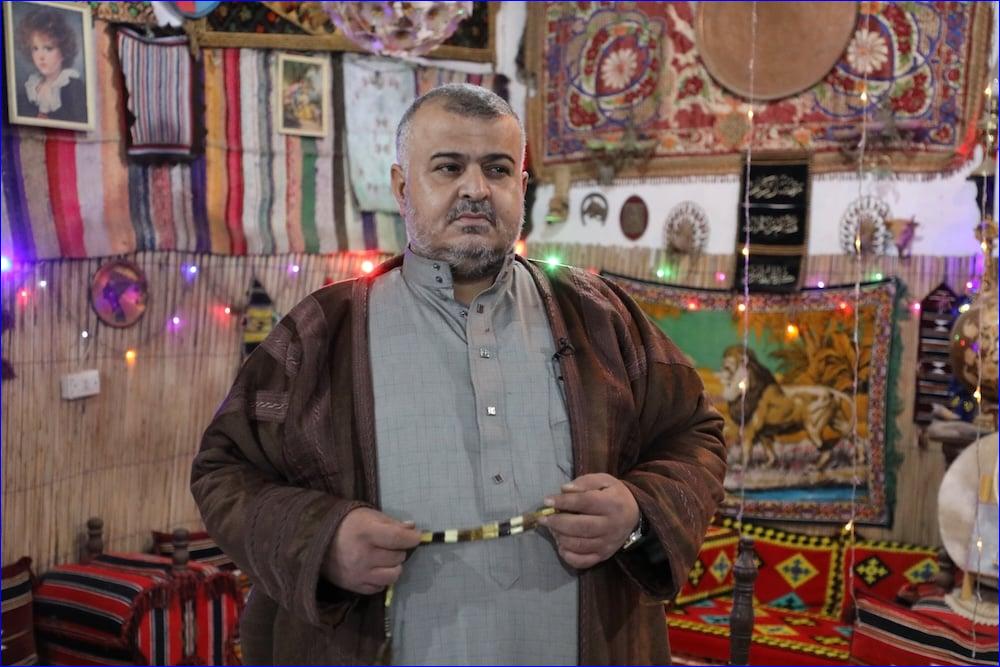 In the heart of North and East Syria's Jazira Canton (Cizîrê), on the main street of Al-Hasakah (Hesekê), there is a small shop where the moment you step inside the scent of the past wraps around you. Shelves, walls and even the floor are crowded with hundreds of objects. Kurdish kilims sit beside Armenian copper trays. Arab pottery stands next to Yazidi symbols.
In the heart of North and East Syria's Jazira Canton (Cizîrê), on the main street of Al-Hasakah (Hesekê), there is a small shop where the moment you step inside the scent of the past wraps around you. Shelves, walls and even the floor are crowded with hundreds of objects. Kurdish kilims sit beside Armenian copper trays. Arab pottery stands next to Yazidi symbols.
By John Long
 We think of ancient civilisations as operating very differently from the way our economy works today. Yet the Bronze Age Assyrians living in Mesopotamia, around 4,000 to 3,000 years ago, began the basis of modern capitalism, in a region spanning most of modern-day Iraq, eastern Syria and southeastern Turkey. The Assyrian empire was the root of what many scholars would now call "the West".
We think of ancient civilisations as operating very differently from the way our economy works today. Yet the Bronze Age Assyrians living in Mesopotamia, around 4,000 to 3,000 years ago, began the basis of modern capitalism, in a region spanning most of modern-day Iraq, eastern Syria and southeastern Turkey. The Assyrian empire was the root of what many scholars would now call "the West".
By Deniz Utlu
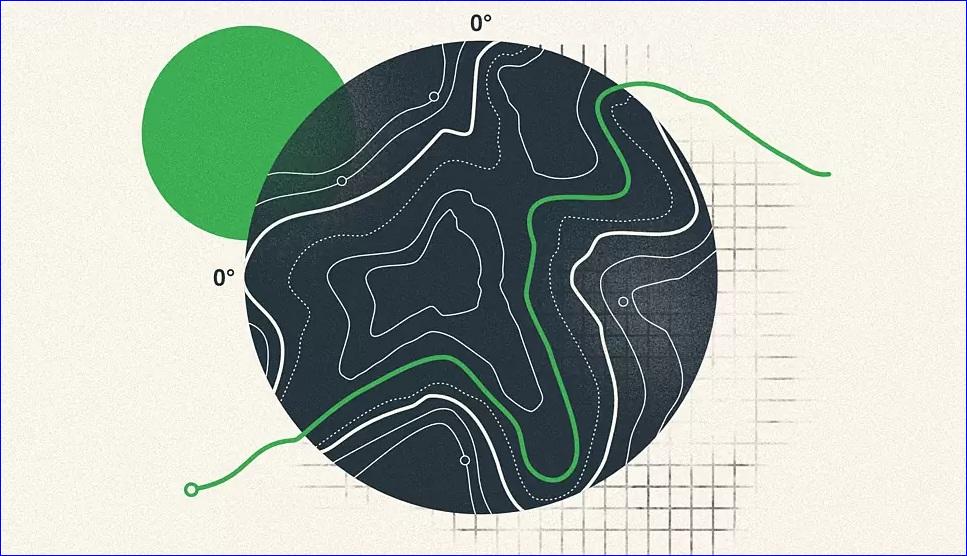 To recount the failure (of a utopia) is to fail in the very act of recounting. Fragments of truth -- what is nevertheless conveyed. Imagine a text about the notes for a text that was never written. I recall a trip in the 2000s to Mesopotamia, to Mardin and Midyat, together with my mother and in the company of a journalist and family friend who had written two reports -- one about Yazidis, the...
To recount the failure (of a utopia) is to fail in the very act of recounting. Fragments of truth -- what is nevertheless conveyed. Imagine a text about the notes for a text that was never written. I recall a trip in the 2000s to Mesopotamia, to Mardin and Midyat, together with my mother and in the company of a journalist and family friend who had written two reports -- one about Yazidis, the...
 Three hundred and fifty years separate us from the last medieval Maronite epigraph, that of Our Lady of Ilige dated 1277 and the new inscription, dated 1628, at Mar Chalita of Ghosta, which marks the beginning of a renaissance that Lebanon was to experience under Ottoman rule.
Three hundred and fifty years separate us from the last medieval Maronite epigraph, that of Our Lady of Ilige dated 1277 and the new inscription, dated 1628, at Mar Chalita of Ghosta, which marks the beginning of a renaissance that Lebanon was to experience under Ottoman rule.
 Kochi, India -- As the Yuletide spirit fills the air, posters, cutouts and dolls of Santa Claus crop up everywhere, heralding the season of love and sharing. However, not many may know that Santa, the most popular symbol of Christmas, is inspired from and modelled after St Nicholas, a fourth-century bishop from Myra in ancient Turkey known for his generosity and secret gift-giving.
Kochi, India -- As the Yuletide spirit fills the air, posters, cutouts and dolls of Santa Claus crop up everywhere, heralding the season of love and sharing. However, not many may know that Santa, the most popular symbol of Christmas, is inspired from and modelled after St Nicholas, a fourth-century bishop from Myra in ancient Turkey known for his generosity and secret gift-giving. Archaeologists in northern Israel uncover a luxurious Iron Age cremation burial, revealing elite lifestyles, long-distance trade, and Assyrian influence thousands of years ago. For a long time, life in the ancient world has been imagined as harsh, modest, and largely deprived of luxury.
Archaeologists in northern Israel uncover a luxurious Iron Age cremation burial, revealing elite lifestyles, long-distance trade, and Assyrian influence thousands of years ago. For a long time, life in the ancient world has been imagined as harsh, modest, and largely deprived of luxury. In the heart of North and East Syria's Jazira Canton (Cizîrê), on the main street of Al-Hasakah (Hesekê), there is a small shop where the moment you step inside the scent of the past wraps around you. Shelves, walls and even the floor are crowded with hundreds of objects. Kurdish kilims sit beside Armenian copper trays. Arab pottery stands next to Yazidi symbols.
In the heart of North and East Syria's Jazira Canton (Cizîrê), on the main street of Al-Hasakah (Hesekê), there is a small shop where the moment you step inside the scent of the past wraps around you. Shelves, walls and even the floor are crowded with hundreds of objects. Kurdish kilims sit beside Armenian copper trays. Arab pottery stands next to Yazidi symbols. We think of ancient civilisations as operating very differently from the way our economy works today. Yet the Bronze Age Assyrians living in Mesopotamia, around 4,000 to 3,000 years ago, began the basis of modern capitalism, in a region spanning most of modern-day Iraq, eastern Syria and southeastern Turkey. The Assyrian empire was the root of what many scholars would now call "the West".
We think of ancient civilisations as operating very differently from the way our economy works today. Yet the Bronze Age Assyrians living in Mesopotamia, around 4,000 to 3,000 years ago, began the basis of modern capitalism, in a region spanning most of modern-day Iraq, eastern Syria and southeastern Turkey. The Assyrian empire was the root of what many scholars would now call "the West". To recount the failure (of a utopia) is to fail in the very act of recounting. Fragments of truth -- what is nevertheless conveyed. Imagine a text about the notes for a text that was never written. I recall a trip in the 2000s to Mesopotamia, to Mardin and Midyat, together with my mother and in the company of a journalist and family friend who had written two reports -- one about Yazidis, the...
To recount the failure (of a utopia) is to fail in the very act of recounting. Fragments of truth -- what is nevertheless conveyed. Imagine a text about the notes for a text that was never written. I recall a trip in the 2000s to Mesopotamia, to Mardin and Midyat, together with my mother and in the company of a journalist and family friend who had written two reports -- one about Yazidis, the...